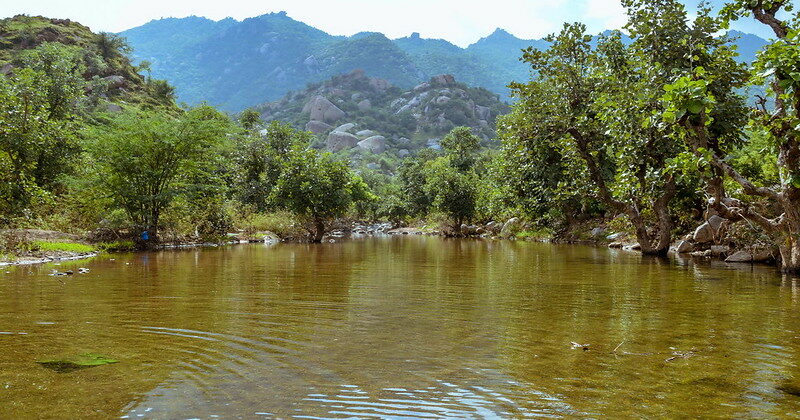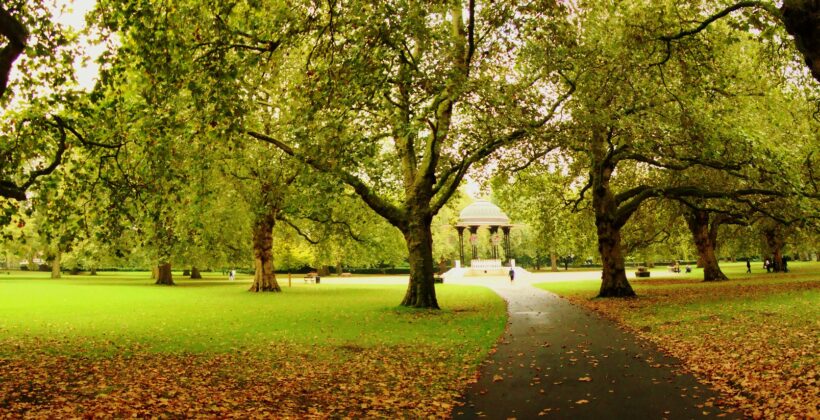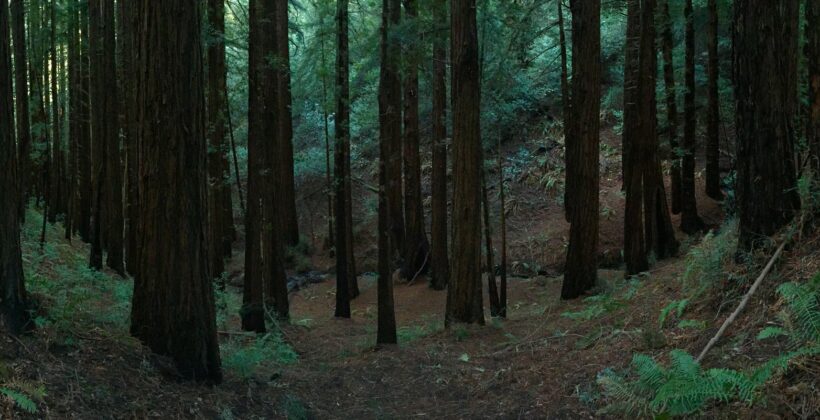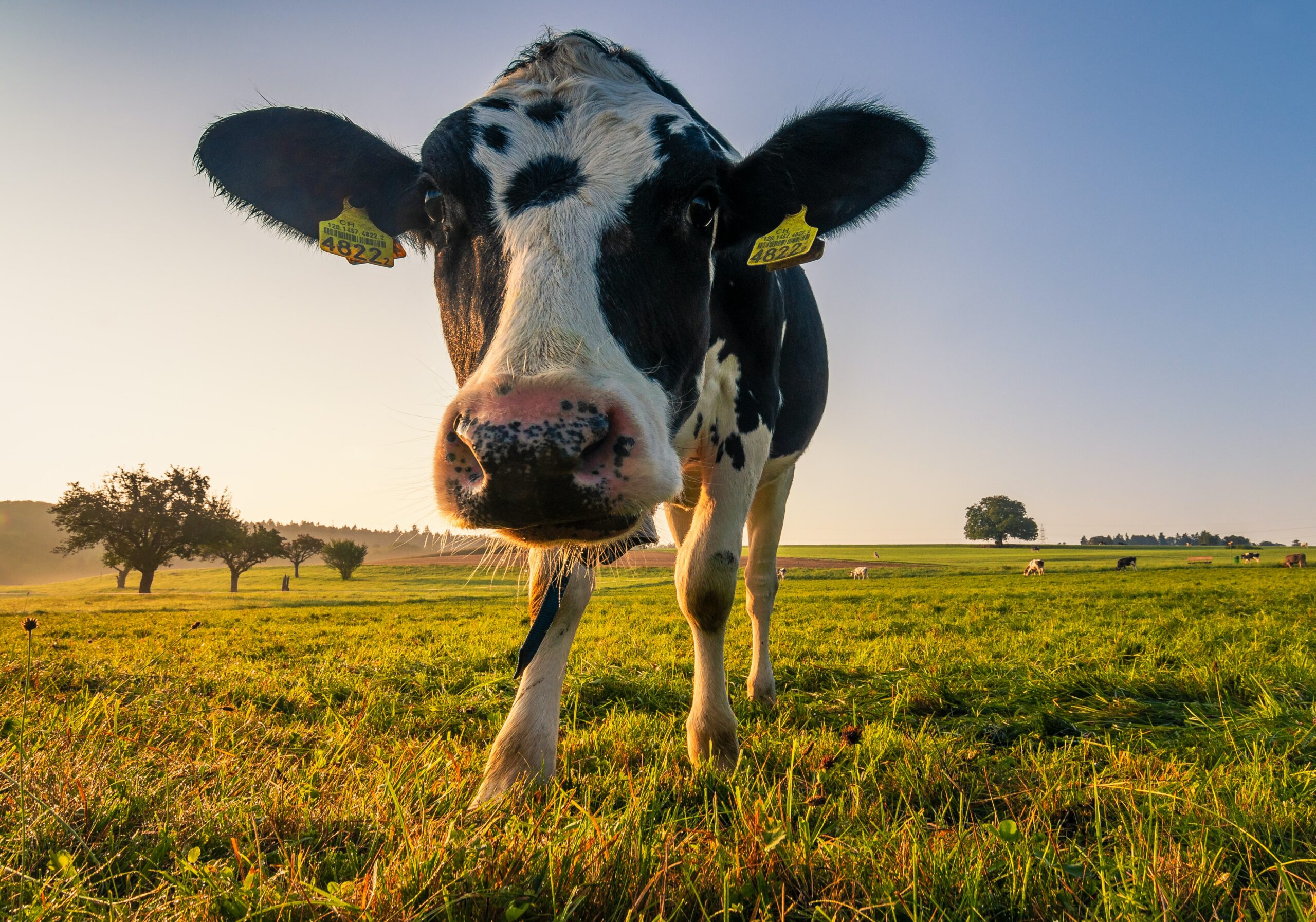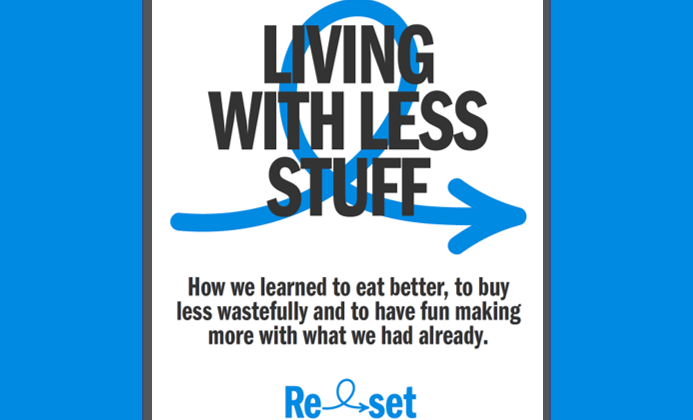Rapid transition also means practical models for food and farming that will improve human and environmental health, maximise the landscape’s ability to store carbon, promote innovations in land management and ownership, and ease the transition by protecting jobs and creating new green employment opportunities.
In already built-up and industrial areas ‘rewilding’ is an increasingly popular approach. Rewilding is people helping wildlife to recover by changing human behaviours, removing barriers, regenerating ecosystems and restoring species, and then living in harmony with the rest of nature. Doing it rapidly means reconnecting people with nature and realigning how we live, the restoration of endangered or locally-extinct native species, and the regeneration of rural and urban landscapes with abundant wildlife.
